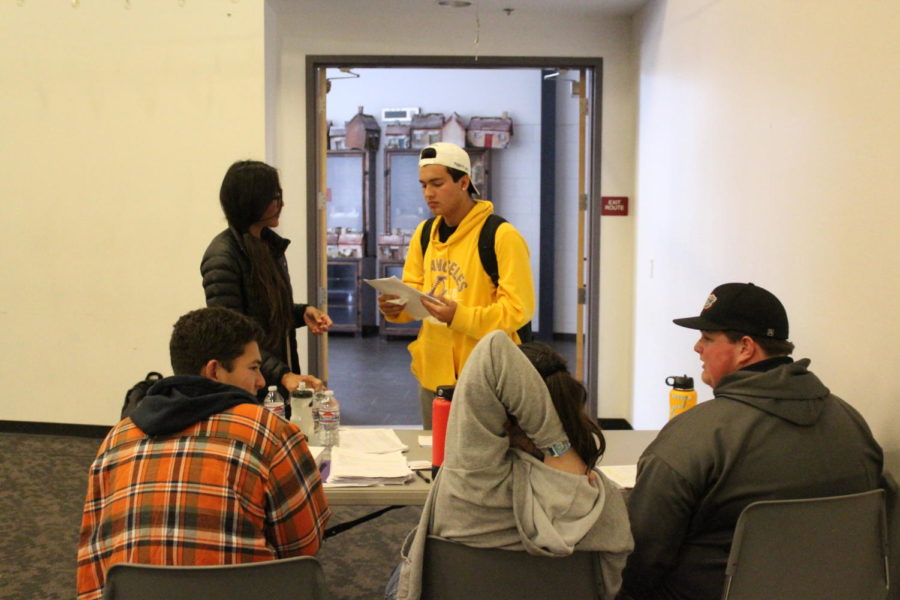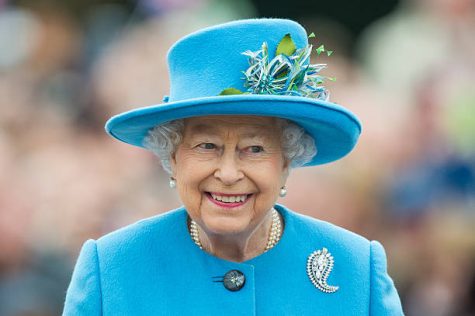Just Our Type: CAHS Hosts its Annual Blood Drive
Photo credit Madeleine Tseng.
Classical Academy High School has been hosting the American Red Cross Blood Drive for a few years, but on Feb. 21, approximately 80 students participated, breaking its average record of 45 students per year.
Denice Coplan, a 13-year American Red Cross representative who has worked with CAHS previously, coordinates blood drives with local high schools and colleges to get students to “start donating at a young age so [they] become loyal donors by the time [they’re] in college.”
The requirements and process are simple, according to Coplan. “[The] basic requirements for young donors is that you have to be 16 years old to donate blood with a parent consent form, you have to be in good health, and there’s a lot of other requirements but those are the basics.”
During her time with the American Red Cross, Coplan’s favorite part has been seeing several past donors at local colleges. However, the real challenge is gaining donors in the first place. “Young donors are scared to donate blood, but all I have to say to that is ‘You’re saving three lives and that’s huge! It only takes an hour of your time,’” Coplan said.
But for some student donors, there was no hesitation to help the Red Cross’ cause. Sophomore Maya Sorvala claimed that the “needles and blood” did not deter her from participating in the blood drive. “The nurses and doctors who work there are all very nice and encouraging, despite it being my first time [donating blood],” Sorvala said.
Her motivation to pay it forward and save lives was anything but arbitrary. Her mother, who works as a nurse, “strongly encouraged” Sorvala to be involved in the blood drive. “[My mom] said it’s a little sacrifice to make that makes a huge impact for other people,” Sorvala said.
After an hour of going through the process of getting her blood drawn, Sorvala “lived off of orange juice for two days” and skipped her weekly volleyball practice, as advised by Coplan and other Red Cross staff members.
Despite how miniscule one pint of blood may seem to some, it makes a great difference for those who need it. “It could be a gunshot wound, a car accident–anytime you lose blood, you really need to make sure there’s blood on the shelves. If you’re a cancer patient, you’ll need them periodically, [for] blood transfusions. It’s always needed,” Coplan said.








